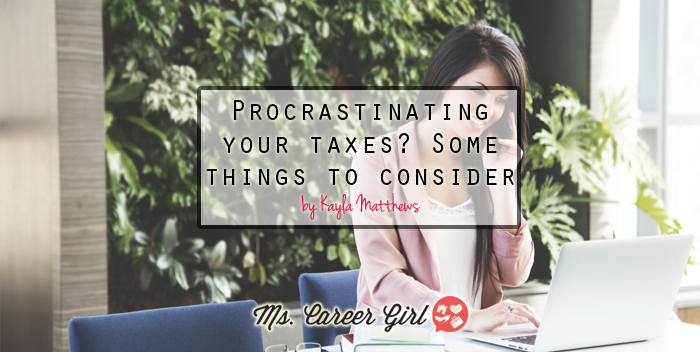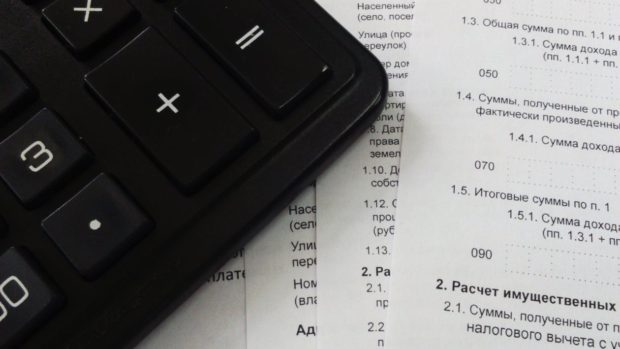Does Freelancing Qualify as a Small Business?
Today’s post is by Stephen Cline.
There are many questions to ponder when one decides to brave the world as a freelancer; a position free of the entanglements of a nine-to-five job.
One of the primary considerations is whether it will be worth the effort in the long run, and, if so, how Uncle Sam will look at your efforts.
No, the government won’t be applauding and offering congratulations, nor extending a box of tissues with which to wipe away your tears, in the event of either your success or failure. But your ‘Uncle’ will express interest in the money that freelancing brought to you.
Accordingly, it’s important to determine whether your freelancing efforts qualify as a small business, complete with the rights and obligations that that status implies. There are some questions and answers to consider.
Do you qualify as a freelancer?
If you work independently of another corporation’s guidance – what is often referred to as being self-employed – and receive check stubs from various companies for the work that you do, you’re a freelancer.
You could be a window washer or a computer programmer; the occupation makes little difference. But, as you buy materials with which to operate, you’ll start to accrue expenses. Here’s where the tricky part arrives, because, as a small businessperson, you’re entitled to tax write-offs for both expenses, and losses.
Do your activities provide earnings?
A freelancer shouldn’t be suffering losses. After all, they get a paycheck, rather than hoping for a profit, as most business owners do. Still, there are mitigating factors. If the expenses involved in being a freelancer overwhelm the meager paychecks, a loss occurs.
Few people set out to make a loss, but they do happen, particularly when one is starting out and acquiring business related equipment. And that’s a key phrase: business related equipment.
Do you purchase things for use only when you’re freelancing?
If, for example, you need to buy ropes, harnesses, motorized platforms, and other specifically window washing-related supplies, you can argue very successfully that you didn’t buy this stuff for personal pleasure related uses, but for your business. (How many times can you ride a motorized platform up and down for fun?)
If you’re spending money to make money, you’re in business. If you’re in business, you are a business. And you’re entitled to numerous tax deductions.
Do you aim to make a profit?
This is the government’s acid test. If your interest is not profit motivated, you may not be in business after all. You may qualify as a non-profit organization, depending on what you’re doing, or you may just be a person with a hobby.
If you make a profit, you’re in business. However, if you clean windows for people, but charge nothing because you want people to see the world more clearly, then you’re not running a business. (You may be a bit cuckoo, but that’s another story.)
Use the answers that these questions raise to help determine whether your freelancing qualifies as a small business. If it does, you might want some turbotax coupons to help you defray the costs associated with keeping the records straight.



